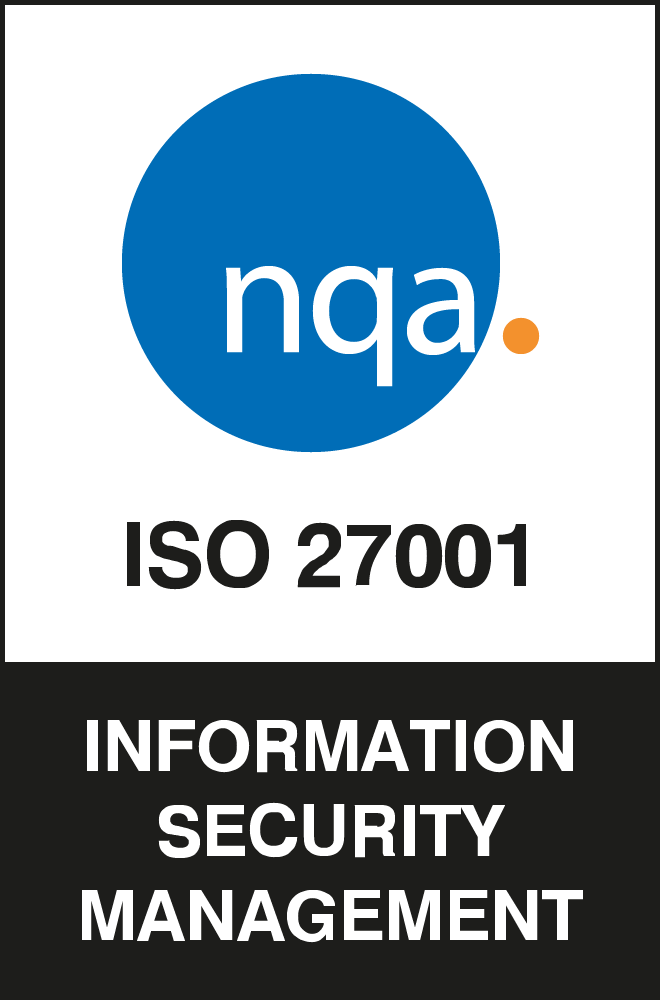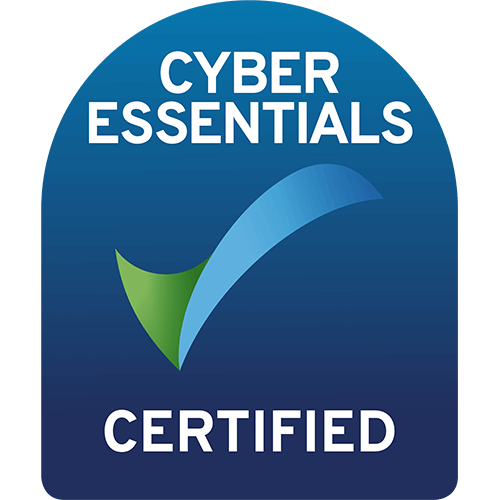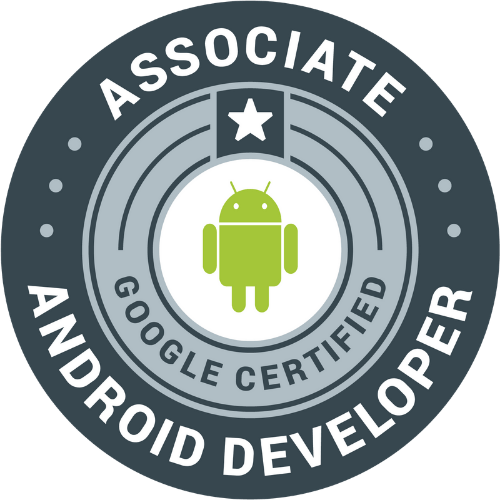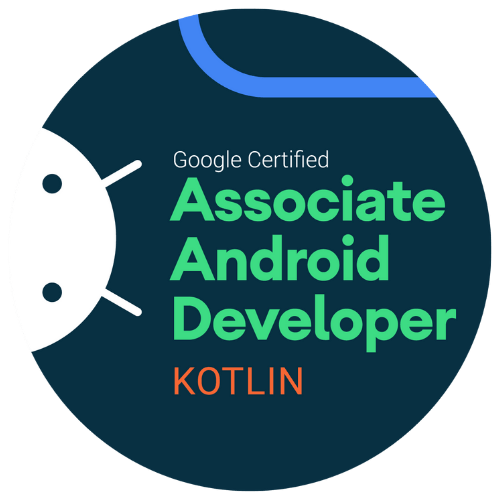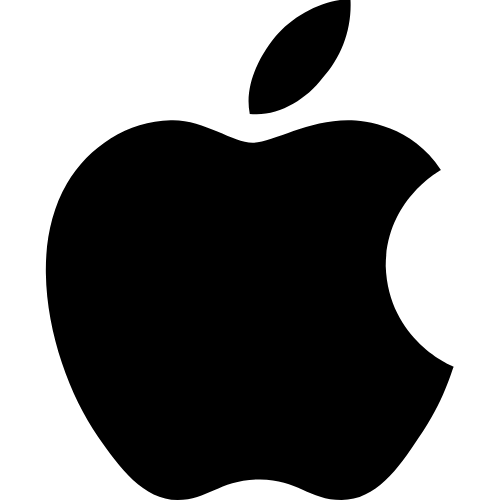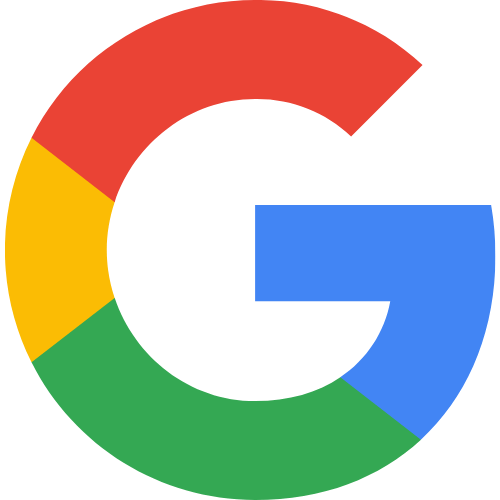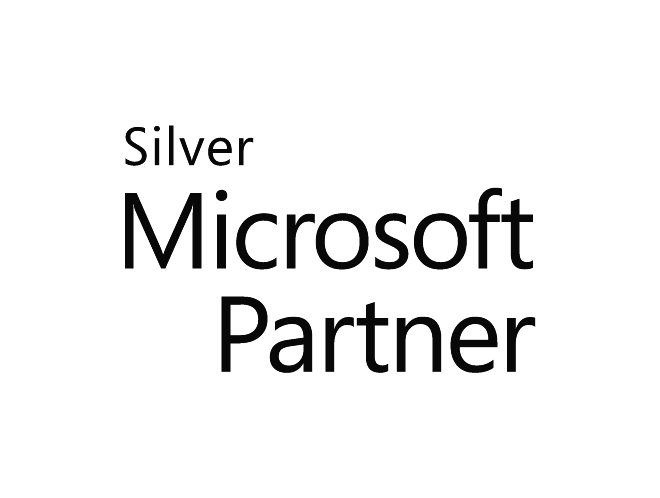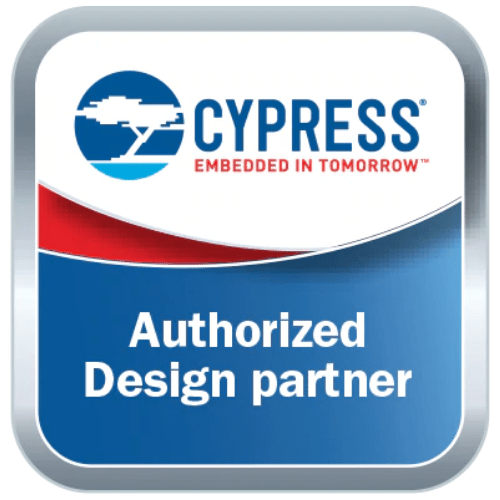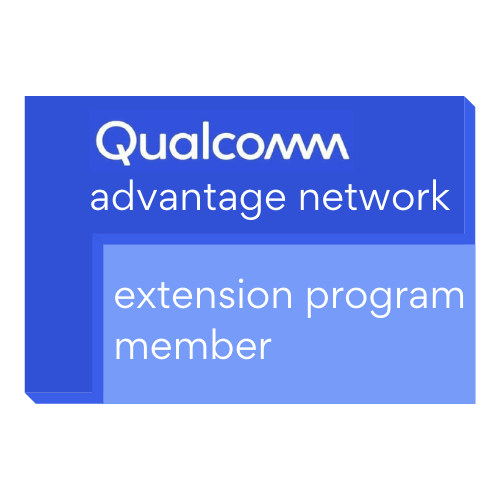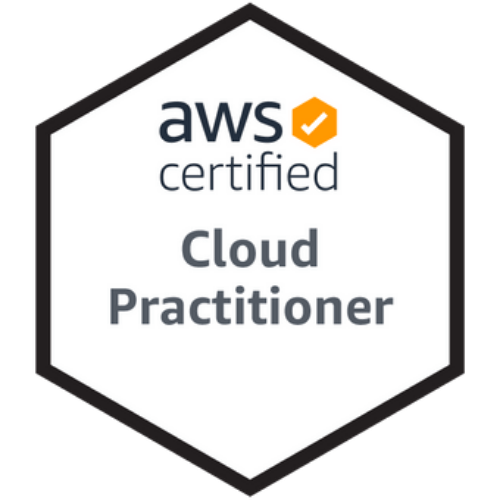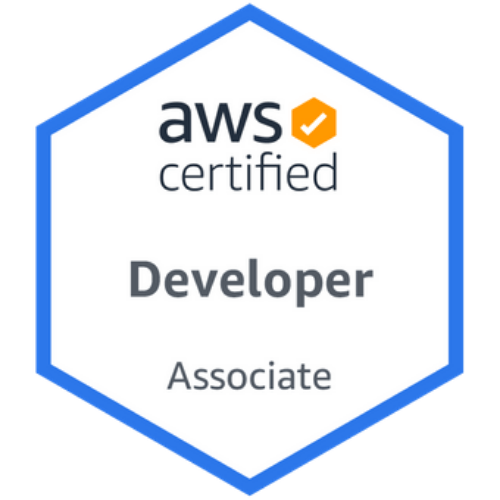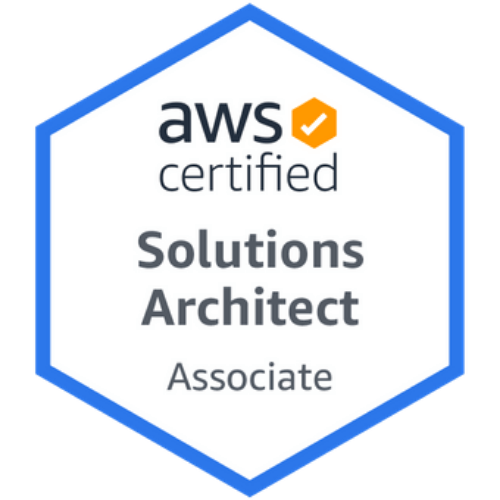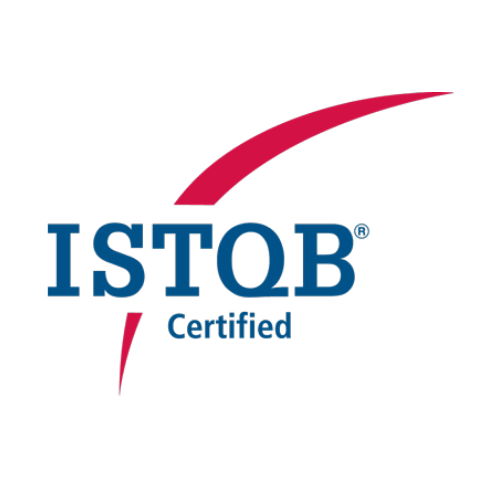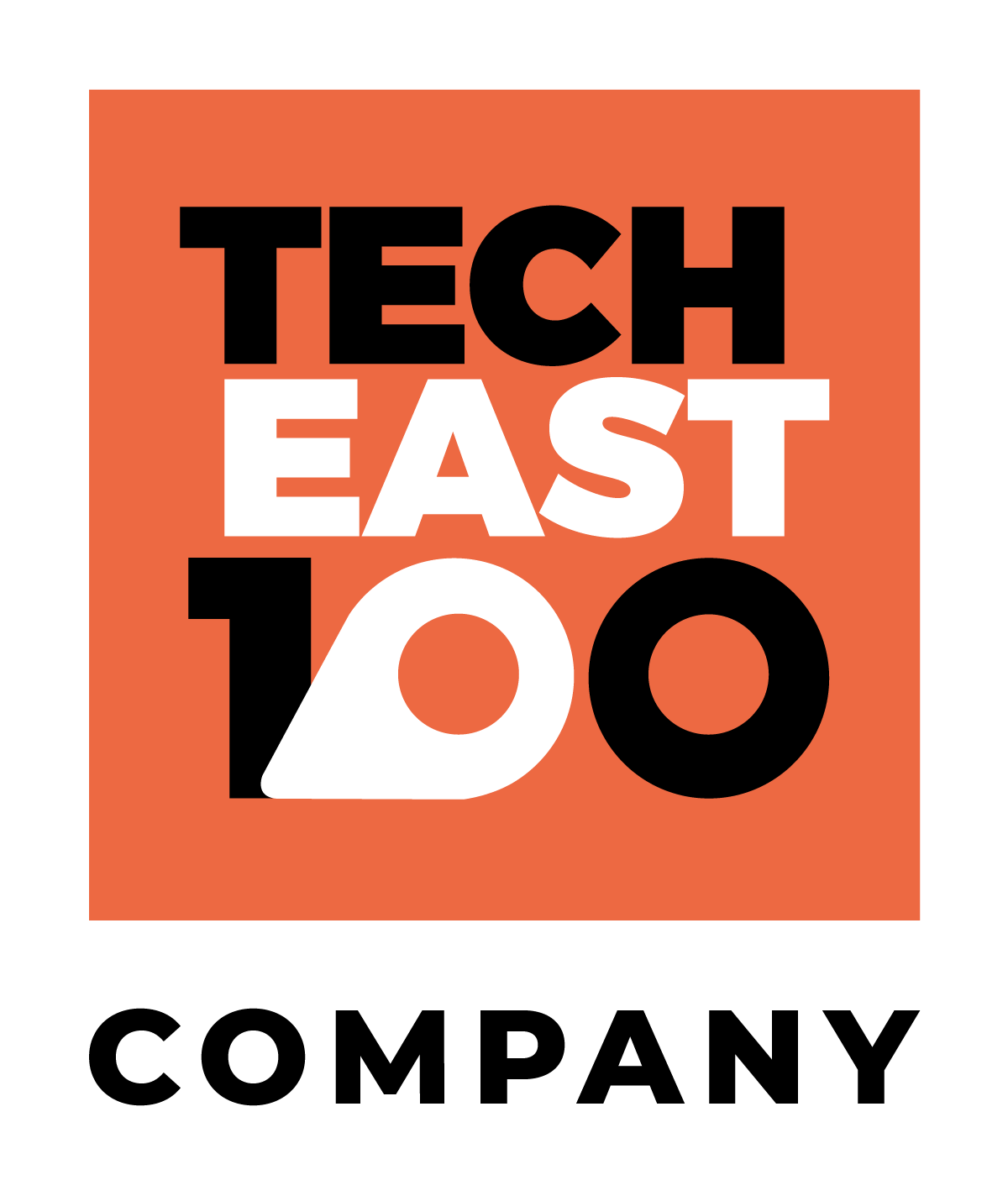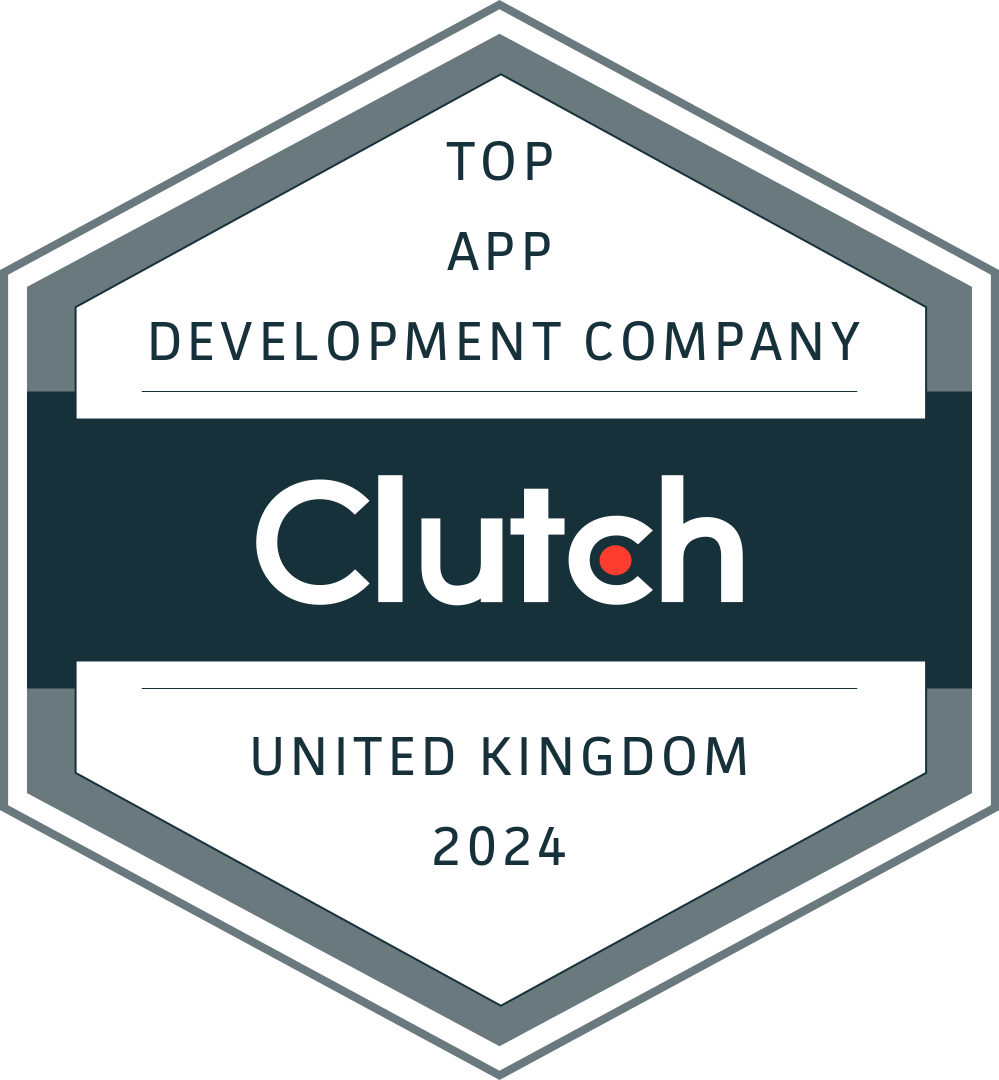Although many children and young adults have grown up in the age of computers, smartphones and the internet, few get the opportunity to learn the coding behind such digital wonders. Whilst some may lack access to such training, others may not know about the opportunities available in their reach.
What is National Coding Week?
National Coding Week, founded by former headteacher Richard Rolfe and tech entrepreneur Jordan Love in 2014, is a week devoted solely to promoting and developing the nations’ coding skills and each year the challenge set is based on learning new digital skills in a fun but competitive way.
This week is normally a chance for volunteers to hold special events such as face-to-face coding sessions and tutorials, however, given the Covid-19 curveball of this year, face-to-face sessions cannot be promoted.
Whilst no one expects participants to become an expert coder in a day, or even the week as many professionals in the industry take years to master their craft, the taster sessions can be a great way to dip your toe into the world of coding and inspire your digital career.
How can you get involved?
Schools
Schools already teach a wide range of IT and digital skills as part of their curriculum, therefore it is extremely easy for schools to take part in National Coding Week. The first and perhaps the easiest way is to show others what you are learning by using #NationalCodingWeek or by tagging a photo with @codingweek on social media.
If you wish to get more involved at school, you can also arrange an event to learn a new digital skill or to teach awareness of how to stay safe online. This can be a great way to get the children engaged in a fun activity, working as a team and best of all learning something new.
Childline provides a great deal of information on how children and adults can stay safe online.
Libraries
With over 4000 libraries in the UK and over 50% of the population possessing a library card, the chances are you either already have or can access a local library facility near you. With IT equipment at your disposal, libraries can be another great place to get involved with National Coding Week.
As with Schools, the easiest method to take part is simply by using #NationalCodingWeek or tagging a photo with @codingweek to show everyone following on social media what you are doing.
Libraries can also offer an ideal place to host a digital skills session by either a member of staff or someone who is already proficient with digital skills that they would like to share. These sessions can be a brilliant way to reach the younger workforce who are looking for employment opportunities and can teach a range of skills such as cyber security, data protection or even just protecting themselves online, all of which can increase their confidence and likelihood of employment.
Businesses
National Coding Week can be the perfect opportunity to promote your business on social media, boasting to a wide audience about how your company is developing the skills of its employees and taking on new innovative challenges in the digital space. Don’t forget to share what you are covering on social media using #NationalCodingWeek or tagging a photo with @codingweek.
Are you a business with digital skill expertise? Why not share some of those skills with those less experienced? There are many chances to hold events for National Coding Week at places such as libraries, coding clubs or schools and all will benefit greatly from additional teaching resources.
Businesses can also show some support to their local hackathon, create resources to be distributed to the wider National Coding Week community such as infographics and tutorials, or offer to run a short course either at a local venue or at their own offices if space permits.
There are a few websites you can use to find out about hackathons around the world (get in touch if you would like you add your website to the list):
Hubs
Hubs, co-working spaces, digital collectives and non-governmental organisations can all also get involved in the week’s activities. Some of the most effective ways for hubs to get involved are by utilising their wide audience of individuals to host learning events and courses or even a hackathon for businesses and the local community to take part in. Don’t forget, with any activities held in the week, make sure to share it all on social media, tagging #NationalCodingWeek.
Individuals
Are you someone with experience in the digital sector? Do you have an interesting story or journey to share? Why not get involved by writing a blog about how you got into the digital sector, your experiences or even helpful tips for others wishing to follow in your footsteps. Make sure you make it available to the masses by using #NationalCodingWeek or tagging a photo with @codingweek on social media.
Don’t fancy yourself as a budding blogger? Perhaps you might consider offering your skills and services to a local event hosted at a library, coding club or school to help inspire the next generation of individuals aiming for a digital career.
Other options include supporting your local hackathon or short course training by offering your time and services as believe it or not, these events require a lot of planning and manpower to make them run smoothly and in turn inspire participants by providing an immersive, well-rounded experience.
Meetups
Meet Ups and coding clubs offer a chance for beginners, experienced professionals and everything in between to come together and share experiences, discuss ideas and challenges and even just meet like-minded people in the sector. With over 10,000 coding clubs and meetups now up and running in the UK, this can be a great opportunity to get involved in National Coding Week. If you attend a session to take part or offer your services, be sure to share your experience using #NationalCodingWeek or tagging a photo with @codingweek on social media.
Another option to get involved is to organise a hackathon. Whilst this sounds complicated, this can simply consist of an hour or two of hands-on demonstrations on how to install a text editor or even writing some basic code. Career discussions and Q&A sessions can also be a great impromptu way of giving back to the digital community.
What are some of our recommended platforms/tools for learning how to code for free?
The internet can be a great way to find free resources to learn both the basics to general coding and to learn specific coding languages, with a wide range of entry-level courses targeted at beginners to professionals. Below are some of the free tools we have identified to get you started on your learning journey.
General Coding Classes and Programs
Codecademy is a powerful online learning platform that provides free coding classes in programming languages such as C++, CSS, HTML, Java, JavaScript, Python, Ruby and SQL. The site also offers impressive introductory-level courses on creating a website using both HTML and CSS coding, which will provide you with a tangible work example on completion.
Udemy is another in-depth learning platform that offers an extensive range of both paid and free online courses. Some of the recommended short courses include HTML and CSS essentials and Code your first game in JavaScript.
Additional general resources include; Skillcrush, Coursera, EDX, MIT OpenCourseWare, Khan Academy, Web Fundamentals, W3Schools, Code.org, Codewars, Codeconquest, GA Dash, Udacity, Tuts+, The Odin Project, Bento, BitDegree, Code Avengers, SoloLearn and FreeCodeCamp.
For specific coding languages, we have prepared a list of useful tools and resources below.
HTML
- HTML.com
- W3Schools
- Learn-HTML.org
- HTML Dog
- Codecademy
CSS
- Codeconquest
- W3Schools
- CSStutorial.net
- Codecademy
- HTML Dog
JavaScript
- Learn-JS.org
- MDN
- Eloquent
- JavaScript for Cats
- Microsoft Channel 9
JavaScript Libraries and Frameworks
- Reactarmory
- JQuery.com
- VueJS.org
- Scrimba.com
- Thinkster.io
Python
- LearnPython.org
- The Python Foundation
- Python-guide.org
- Real Python
- Google’s Python Class
Ruby and Ruby on Rails
- Ruby on Rails
- Ruby Koans
- Techiferous Roadmap for learning Rails
- Rails Girls
- LearningRubyOnline.org
PHP
- Learn-PHP.org
- PHPBuddy.com
- DevelopPHP.com
- PHP The Right Way
- Killer PHP
WordPress
- WordPress.com
- Smashing Magazine’s Beginners Guide to Creating a WordPress Website
- WPBeginner.com
- WPMU Dev
Mobile App Development
- Android Documentation for App Developers
- Android Developer Training for New Programmers
- Apple Start Developing IOS Apps
- Apple Swift Playgrounds
- Line25 Design & Code
So whether you’re looking to take part in one of the week’s many events or just want to learn a new digital skill from the comfort of your own home, check out one of the above free resources or consider getting involved in a local event near you to start your journey. Here at Coderus, we are committed to making a difference in the digital community, both locally and globally which includes our continued support for Suffolk-based Creative Computing Club. The club organises weekend, school and private tutoring for 8 to 16-year-olds in computer programming, video game design, hardware programming, electronics and robotics.
Click here if you wish to find out more.






